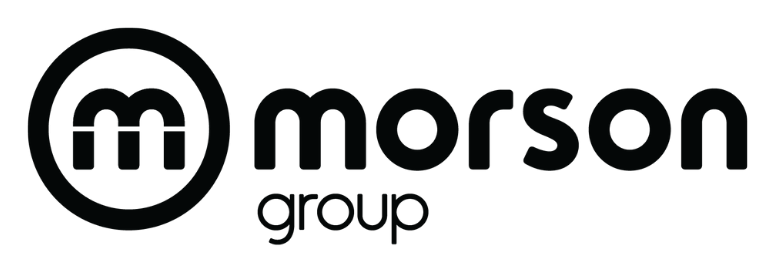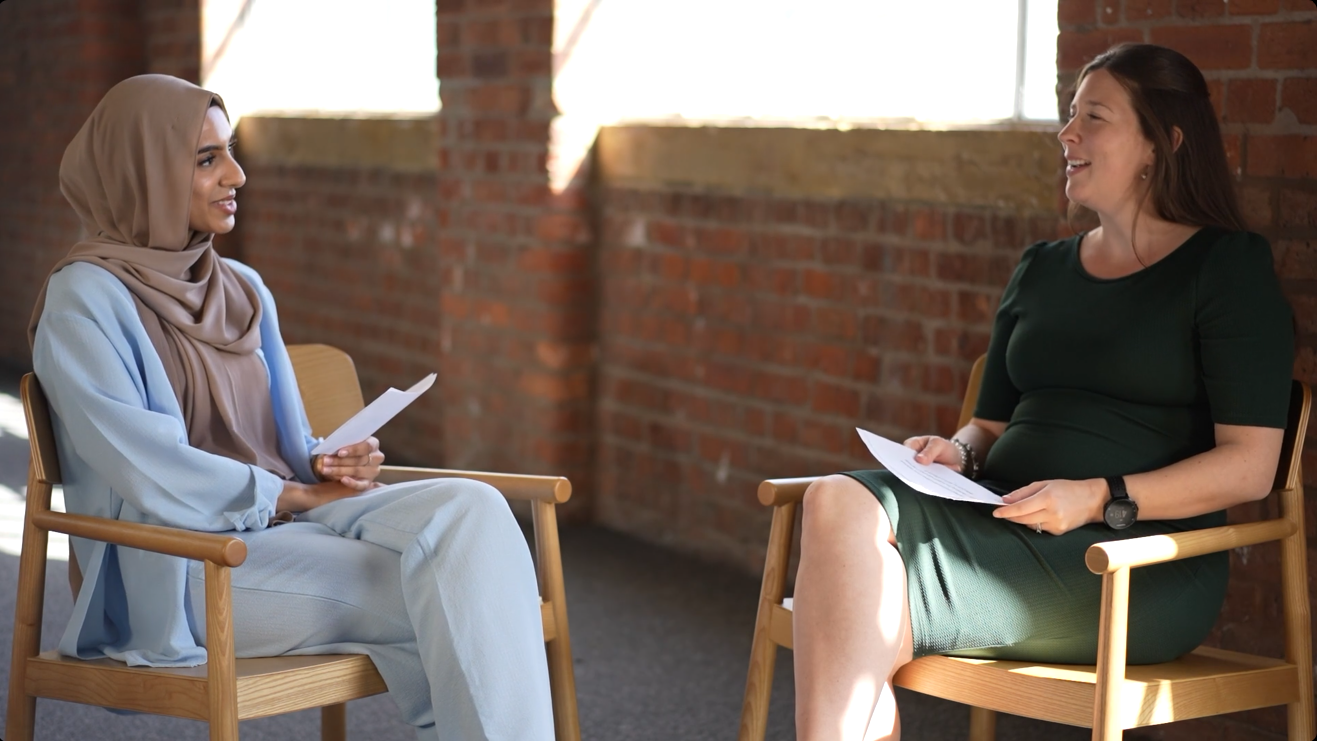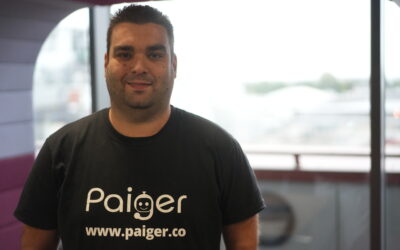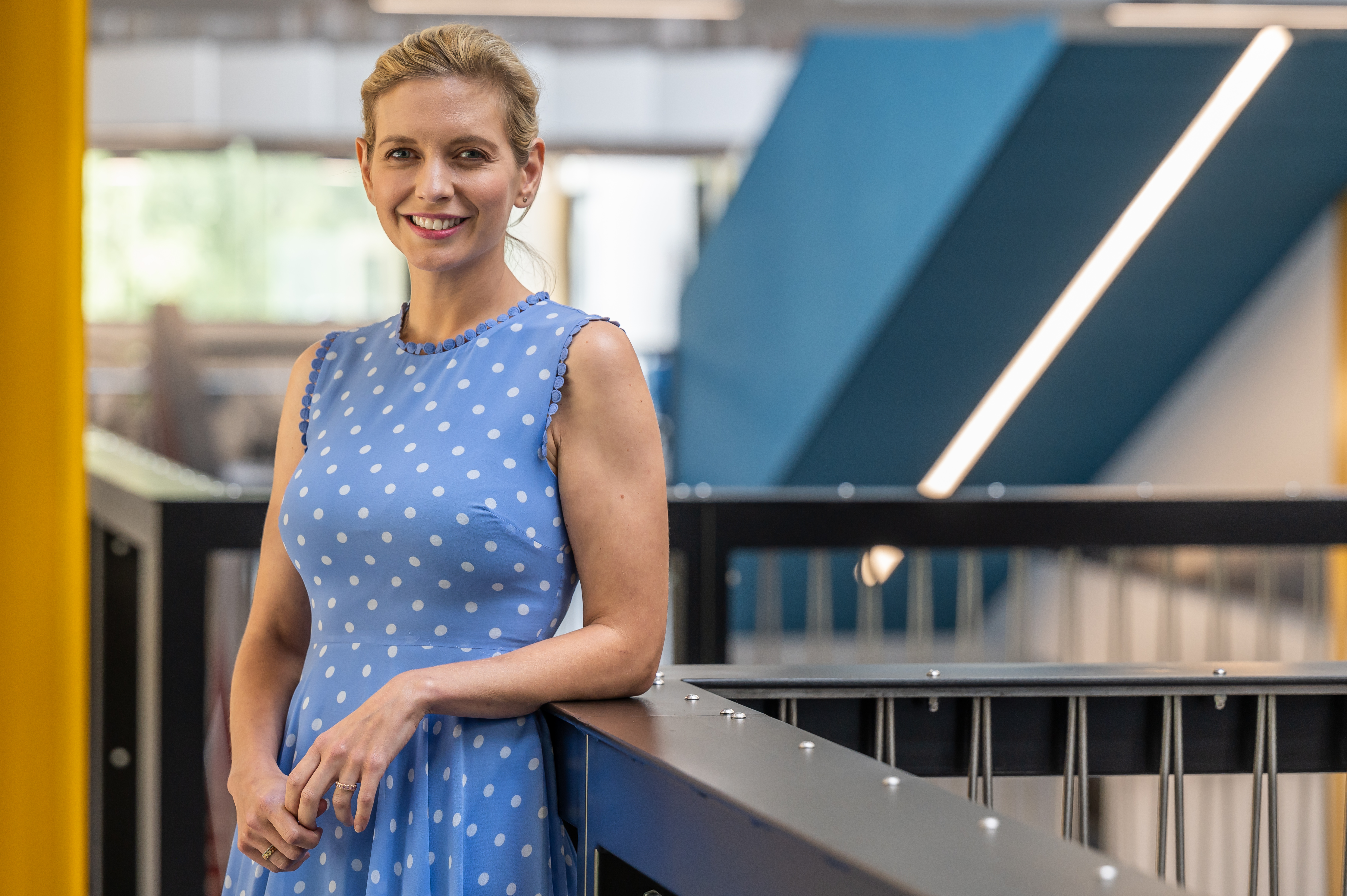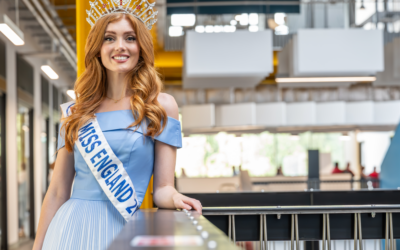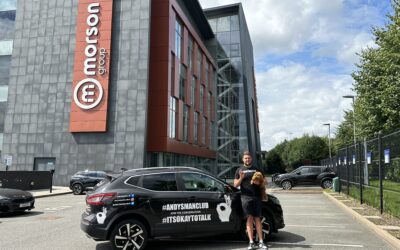At Morson Projects’ annual conference, we sat two budding engineers from the University of Salford, both of whom are part of the Morson Gerry Mason Scholarship Programme, with two of our qualified engineers to discuss career aspirations, industry challenges, hopes, dreams and how to encourage the next generation of women into engineering.
Ayisha Ismail completed her degree in aeronautical engineering at the University of Salford through the Morson Gerry Mason Scholarship in 2021, and in September 2022 will embark on a graduate scheme at Rolls-Royce.
Anna Davanzo has worked as an aeronautical engineer at Morson Projects since February 2020 following a 10-year spell working with Marshall Aerospace and Defence Group.
Anna: What excites you about your future in engineering and what are your aspirations?
Ayisha: I think it’s an endless possibility. And because there are so many companies looking to diversify their workforce at the moment and it opens up a lot of opportunities, especially for women in engineering. And I think there’s loads of support out there for us now, which probably wasn’t there as much when you were going into the industry. My aspirations I think are just to do whatever is challenging. I love a challenge right from the beginning. I think that it will be really interesting going into the industry because it’s all about challenges now.
Anna: Why do you think girls should get into engineering?
Ayisha: Because there are not a lot of girls in engineering. And I think that we need representation, and a lot of girls are interested in STEM careers. It’s just that because we don’t see a lot of girls we don’t want to go into it. And looking from the outside, it’s a bit like trying to get into a boy’s club. It’s so hard to imagine yourself there but once you’re in, I think you realize that there’s a lot of opportunity for us. It’s important for us to get into it.
Anna: Have there been any highlights of your degree so far?
Ayisha: Yeah, I’d have to say my final year project. I did it by analysing the Delta Wing on the XB-1 supersonic flight, the Baby Boom. And I think the support I got from my supervisor and just being able to learn new software all on my own and everything like that. It was like an insight into the industry and what I’m going to be able to do when I do go into an engineering career
Anna: I really enjoyed my final year project too. Mine was in torsional stiffness testing of a Sopwith Tabloid wing, where it did like wing warping. What is the one thing that parents can do to open their children’s eyes to the possibility of STEM or engineering careers?
Ayisha: That’s a hard question. I guess if they express it interest, then to help them pursue it and support them throughout it, maybe give them the opportunity to explore from a younger age. And I didn’t know I wanted to go into engineering until I did my degree.
I realized really late, but I know a lot of people express interest at a young age and it kind of gets like overshadowed by with other things like telling them to go into something else. So maybe just support them right from the beginning. I think one thing my mum and dad were really supportive and then I that really helped me to get into engineering and I think if they had been less supportive, I probably would have pursued a different career.
Ayisha: Who’s helped you achieve your potential? Tell us about your heroes.
Anna: I’d say my heroes really are my mum and dad and they had such a good work ethic as I was growing up. And I think it really helped me to kind of understand that I needed to work hard to achieve my goals. My dad really pushed me towards engineering, we did a lot of making things at home, dismantling things, put them back together. And I think he really encouraged me that engineering would be a great future for me and I haven’t looked back since.
Ayisha: I can totally agree with you on supportive parents because for me it’s like I’m an Asian girl going to study I’m the first in my family to do university. It’s a massive deal. And my parents have been really supportive, something that’s really helped. And what’s the greatest challenge you had to overcome in your career today?
Anna: One thing I think gets coming into the industry quite a few years ago now, I didn’t really have the support that there is now. There seems to be a lot more support for women coming into the industry than there was in a decade and a half ago. So I’d say it’s really important for female leaders in the industry to stand up for young women coming into engineering and to help them and to guide them and to really smooth the path for them. And I think that’s something that I didn’t necessarily have. I didn’t have any inspirational women that I could look to and think I want to be in high positions. And so that’s something that’s quite important for female leaders.
Ayisha: What advice would you give to a schoolgirl you?
Anna: Go for any challenge that comes along, just go for it. I think I was quite shy at school feeling like I didn’t really belong in engineering. I looked around at my class at A-Level physics, and I was the only girl. I went to start my degree in engineering and I was the only girl. I started in the engineering office at the company I worked for when I graduated and again, I was the only female there as well. I think my advice would be just to go for it. Any challenge you’ve got, you can overcome with good hard work.
Ikram El Haddadi is a first-year aeronautical engineering student enrolled at the University of Salford through Morson’s Gerry Mason Scholarship. Sally Entwistle is an aeronautical engineer with 14 years of experience working for Morson Projects. Ikram and Sally sat down for a chat about how they found their engineering passion, diversity in the industry and more:
Ikram: Who or what has been your has inspired you to become an engineer?
Sally: For me, I have to say it was my dad. My dad actually worked at Morson Projects for basically his whole career, and he was in the aerospace division too. And I think just as a child where we were surrounded by that kind of atmosphere and he used to have all the drawing boards set up at home, so we would like play on them and sketch on them. And it just gave me that bit of interest, being exposed to the world of engineering. It’s been part of my life since a young age.
Ikram: What advice would you give me when I graduate?
Sally: I would probably say, go for whatever you want to go for. Don’t be held back by anybody of what you feel other people perceive you as. Whatever you want to do, just go for it and do the best for yourself.
Ikram: 2022 figures state that just 16.5% of engineers are women, why do you think women are still hugely underrepresented in this profession?
Sally: Again, I think it comes back to sort of exposure. I think many perceive engineering as the ‘grey beard’ industry and it’s just not widely recognized out there. We need to get our opinions out there. We need to get into schools and showcase what engineering is really about, get into the depth, get people in businesses for work experience and just expose everyone to it.
Sally: What has been the highlight of your engineering degree so far?
Ikram: I think the struggles that I face with every single assignment and overcoming those struggles with the modules that I take. I just freeze when I have an assignment on and as I progress and learn from that and work towards bettering myself with them, I find satisfaction in that. So thus, that would be my highlight.
Sally: What do you feel your purpose is as an engineer?
Ikram: That’s a very hard question. I’m not sure if it’s whether to satisfy people or satisfy myself, but in the bigger scheme, I think it’s for me to understand complex matters and try to find a shortcut for them.
Sally: Well, that’s what engineering is all about! How are you hoping to change the industry for the better?
Ikram: Everybody can dream, no? I think by small victories I would try to change the industry. Like, small gadgets and the small improvements I can make to other machines, which I try to make nowadays but don’t really work! I’m just trying to find that pathway. But I’m just trying to go little by little to try to improve the industry.
